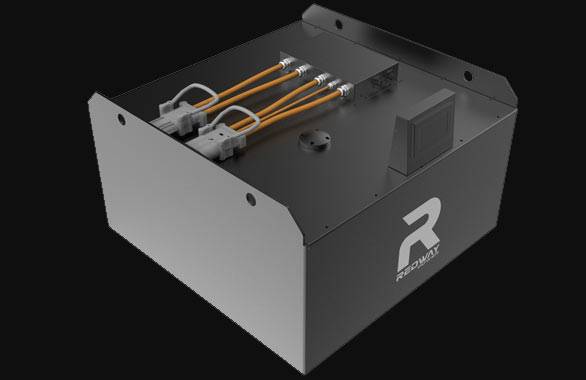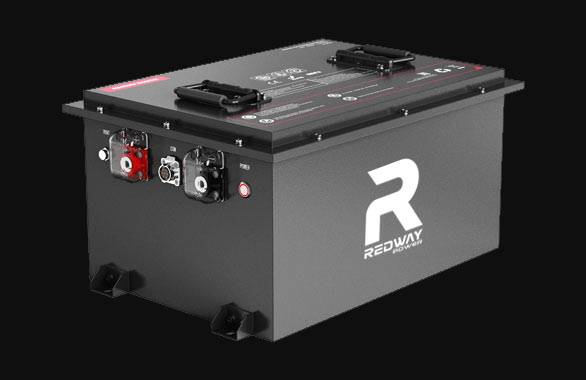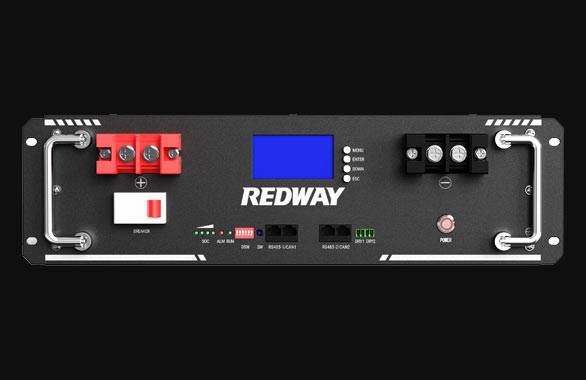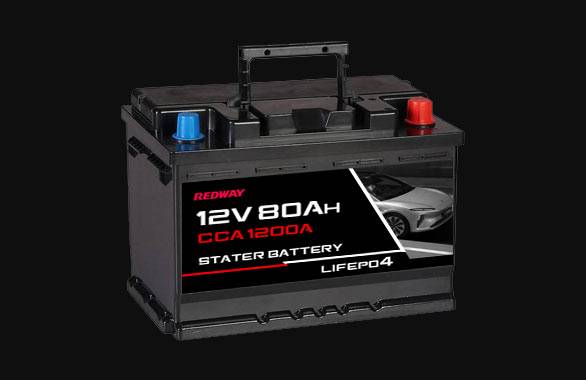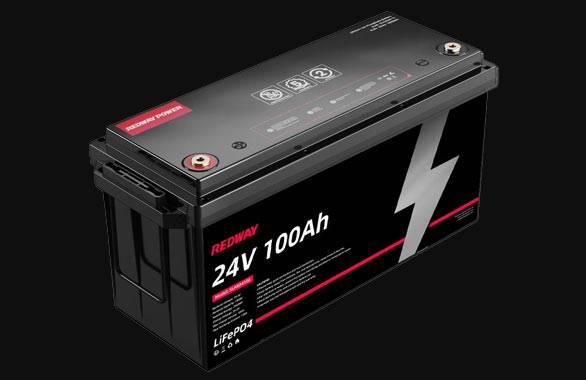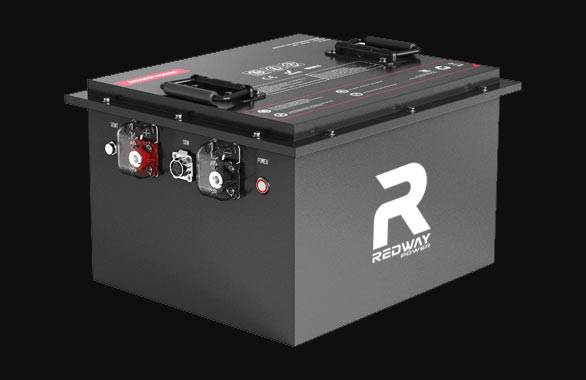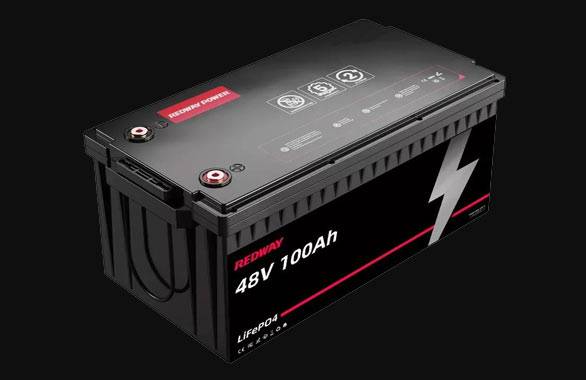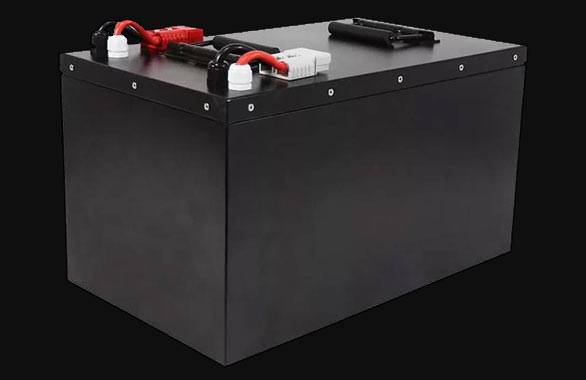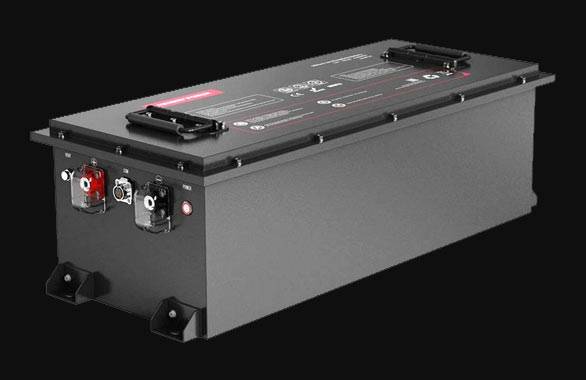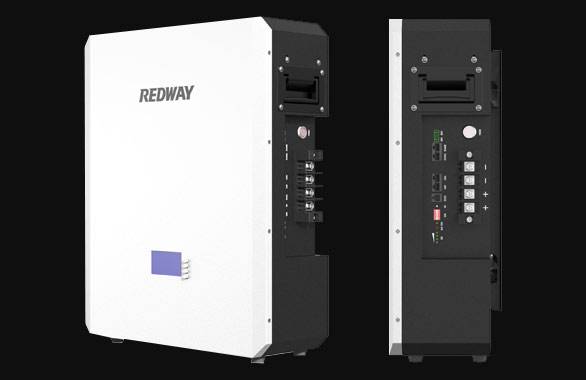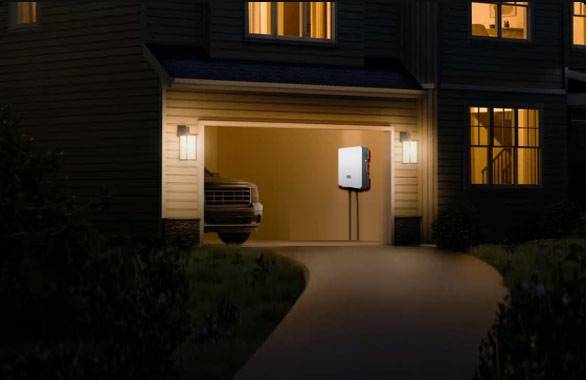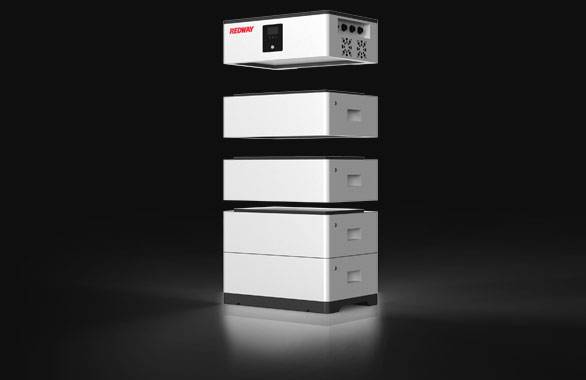- Forklift Lithium Battery
- Golf Cart Lithium Battery
- Rack-mounted Lithium Battery
51.2V 100Ah Rackmount LiFePO4 Battery
8000 times (80% DOD 0.5C)
Optional SNMP for TELECOM - Car Starter Battery
- 12V LiFePO4 Battery
12V 150Ah Lithium RV Battery
Bluetooth App | Self-heating
LiFePO4 | Group 31
UL 1642 | IEC 62619 - 24V LiFePO4 Battery
- 36V LiFePO4 Battery
- 48V LiFePO4 Battery
- 60V LiFePO4 Battery
60V 100Ah Lithium Battery (AGV, AMR, LGV)
Peak Discharge Current 400A
500 x 298 x 349 mm - 72V~96V LiFePO4 Battery
72V 100Ah Lithium Golf Cart Battery
Peak Discharge Current 315A (10S)
740 × 320 × 246 mm - Wall-mounted Lithium Battery
51.2V 100Ah 5kWh
Wall-mounted Battery532 x 425 x 170 mm / LiFePO4
>8000 Cycles (80% DOD 0.5C)
RS485 / CAN-bus
for Solar Home ESS - Home-ESS All-in-One
51.2V 32kWh
All-in-On HESS SystemPowerAll
51.2V / LiFePO4
>8000 Cycles (80% DOD 0.5C)
RS485 / CAN-bus / WiFi
All-in-One for Home ESS
What Are the Key Advantages of Lithium-Ion Forklift Batteries?
Lithium-ion forklift batteries offer longer lifespan, faster charging, and reduced maintenance compared to lead-acid. They provide consistent power output, operate efficiently in diverse temperatures, and eliminate acid leaks or gas emissions. Their lightweight design improves forklift maneuverability, while energy recovery systems cut operational costs by up to 30%, making them ideal for high-demand logistics environments.LiFePO4 Forklift Batteries Wholesale
How Do Lithium-Ion Batteries Improve Forklift Efficiency?
Lithium-ion batteries enable opportunity charging during breaks without damaging cells, reducing downtime. Their 15-30% higher energy density allows smaller battery sizes for equivalent power. Voltage remains stable during discharge cycles, preventing performance drops. Integrated battery management systems (BMS) optimize charge/discharge rates in real-time, extending daily runtime by 1-2 hours compared to lead-acid alternatives.
Which Cost Savings Do Lithium Forklift Batteries Provide?
Lithium batteries reduce energy costs by 20-40% through 96% charge efficiency versus 70% in lead-acid. Labor costs drop 80% by eliminating watering, equalizing charges, and acid cleanup. Their 3-4x longer lifespan (10+ years) decreases replacement frequency. Warehouse space requirements shrink as charging areas become unnecessary – Tesla’s factories report 18% space savings using lithium-powered fleets.
| Cost Factor | Lithium-Ion | Lead-Acid |
|---|---|---|
| Energy Efficiency | 96% | 70% |
| Maintenance Hours/Year | 2 | 40 |
| Typical Lifespan | 10-15 Years | 3-5 Years |
Recent case studies reveal additional financial benefits. A Midwest distribution center reduced its energy expenditure by $28,000 annually after switching 32 forklifts to lithium power. The elimination of battery rotation systems freed up 300 square feet of floor space, now used for inventory storage. Third-party logistics providers report 73% fewer overtime hours related to battery maintenance since adopting lithium technology.Lithium Forklift Batteries Factory
Why Are Lithium Batteries Safer for Material Handling Operations?
Sealed lithium cells prevent sulfuric acid exposure risks. Thermal runaway protection in BMS maintains temperatures below 140°F (60°C) during fast charging. No hydrogen gas emissions eliminate explosion hazards in confined spaces. Vibration-resistant casing withstands 7G shock loads – 3x higher than lead-acid standards. UL-certified models meet NFPA fire safety requirements for battery rooms.
| Safety Feature | Lithium-Ion | Lead-Acid |
|---|---|---|
| Thermal Controls | Active Cooling | Passive Ventilation |
| Gas Emissions | None | Hydrogen |
| Spill Risk | 0% | High |
Advanced safety protocols are being implemented in newer models. Multi-layered separator technology now prevents internal short circuits even after 10,000 charge cycles. Fire suppression systems integrated with BMS can detect thermal anomalies 47 seconds faster than traditional smoke detectors. OSHA reports show facilities using lithium batteries have 62% fewer chemical handling incidents compared to lead-acid users.
When Should Companies Transition to Lithium Forklift Batteries?
Operators should switch during fleet renewal cycles or when exceeding 2,000 annual operating hours. Facilities with multi-shift operations benefit most – Toyota Logistics reduced charging time by 68% after conversion. Cold storage warehouses gain particular advantages as lithium maintains 95% capacity at -4°F (-20°C), unlike lead-acid which loses 40% efficiency in freezing temps.
Where Do Lithium Batteries Outperform Traditional Options?
In automated guided vehicle (AGV) systems, lithium’s precise state-of-charge monitoring prevents unexpected shutdowns. High-throughput e-commerce warehouses utilizing lithium report 22% fewer battery-related delays. Port operations benefit from corrosion-resistant terminals in humid environments – Hamburg Port Authority documented 31% fewer maintenance incidents post-transition.
Does Lithium Technology Support Sustainable Warehousing?
Yes. Lithium batteries enable 90% recyclability through closed-loop processes. Their 40% lighter weight reduces forklift energy consumption by 12-15%. Carbon footprints drop 62% over lifecycle compared to lead-acid when using renewable charging. Daimler’s zero-emission factory model pairs lithium forklifts with solar arrays, achieving 100% fossil-free material handling.
“Redway’s lithium solutions now feature AI-driven adaptive charging that extends cycle life beyond 15,000 cycles,” notes Redway’s Chief Engineer. “Our latest BMS predicts cell degradation patterns 6 months in advance, enabling proactive maintenance. For cold chain logistics, we’ve developed battery heaters that consume only 2% of stored energy while maintaining -22°F (-30°C) operation.”
FAQ
- How many cycles do lithium forklift batteries last?
- Premium lithium forklift batteries endure 5,000-8,000 full cycles (10-15 years) versus 1,500 cycles for lead-acid.
- Can lithium batteries replace all lead-acid forklifts?
- Modern lithium systems adapt to 98% of forklift models through customizable voltage configurations (24V-80V) and smart compatibility modules.
- Do lithium batteries require special chargers?
- Yes. UL-approved lithium-specific chargers with CC-CV (constant current-constant voltage) profiles prevent overcharging. Some advanced models enable 30-minute 80% charges without degradation.


